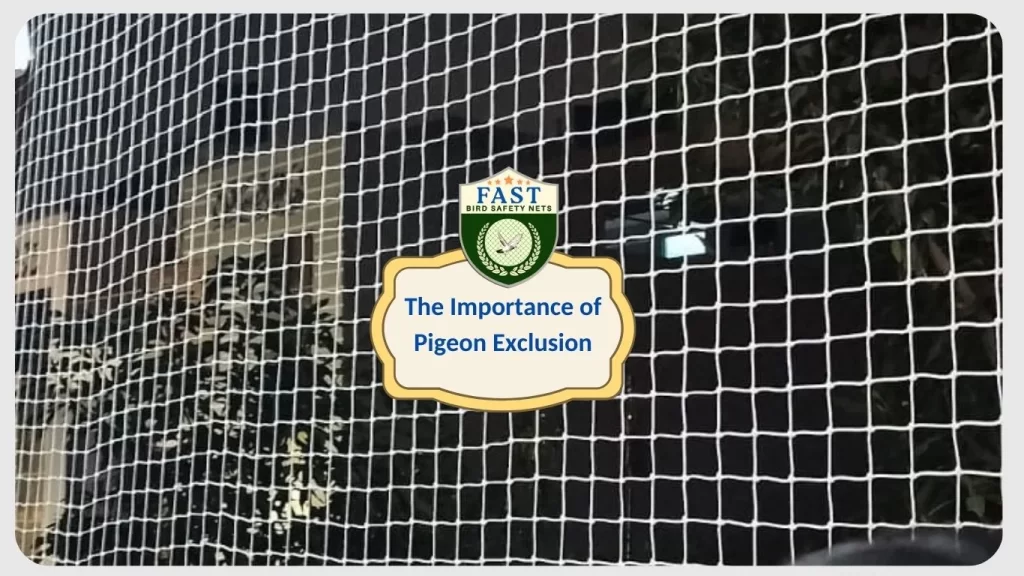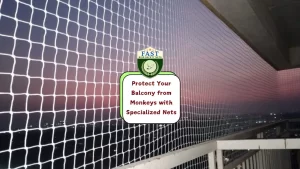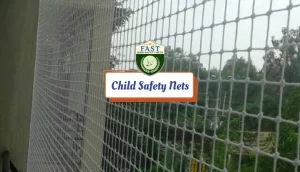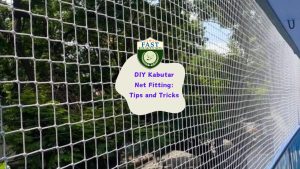Pigeons, often considered harmless city dwellers, can pose significant challenges when they invade properties in large numbers. Their presence can lead to property damage, health risks, and sanitation issues. In this article, we’ll delve into the importance of pigeon exclusion and explore various methods to keep these birds at bay.
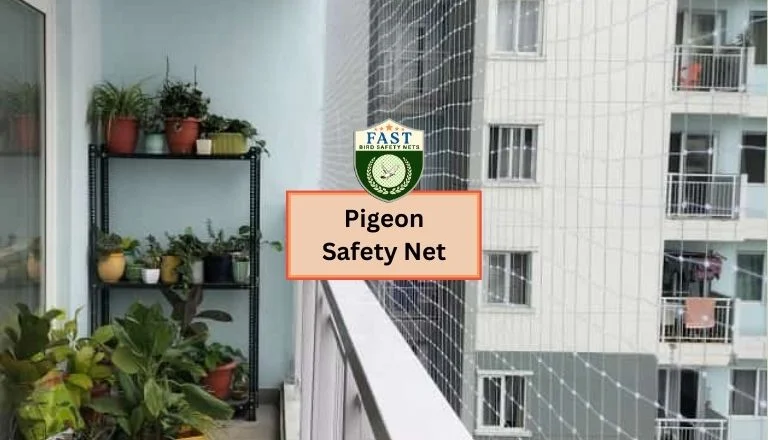
Understanding the Problem:
Pigeons, also known as rock doves, are ubiquitous in urban environments worldwide. While they may seem harmless, pigeons can cause a range of problems when they establish roosting and nesting sites on properties. Their droppings are not only unsightly but also corrosive, causing damage to buildings, vehicles, and infrastructure. Furthermore, pigeon droppings can harbor harmful bacteria and fungi, posing health risks to humans and animals. Additionally, pigeons can clog gutters and drainage systems with their nests, leading to water damage and structural issues.
The Importance of Pigeon Exclusion:
Pigeon exclusion is crucial for several reasons:
Property Protection: Pigeon droppings can corrode building materials and surfaces, leading to costly repairs and maintenance. By excluding pigeons from your property, you can prevent damage to structures, vehicles, and other assets.
Health and Safety: Pigeon droppings contain bacteria, fungi, and parasites that can pose health risks to humans and animals. Exclusion measures help reduce the risk of exposure to these harmful pathogens, thereby promoting a safer and healthier environment.
Sanitation: Pigeon droppings can create unsanitary conditions, especially in areas where people congregate, such as parks, sidewalks, and outdoor dining areas. By keeping pigeons away, you can maintain cleanliness and hygiene in public spaces.
Preservation of Aesthetics: Pigeon droppings can deface buildings, monuments, and public spaces, detracting from their aesthetic appeal. Pigeon exclusion helps preserve the visual integrity of properties and enhances their overall appearance.
Effective Pigeon Exclusion Methods:
Several methods can be employed to exclude pigeons from properties:
Bird Spikes: Bird spikes are physical barriers installed on ledges, rooftops, and other surfaces to prevent pigeons from landing and roosting. These spikes are harmless but effectively deter pigeons from settling in unwanted areas.
Bird Netting: Bird netting creates a physical barrier that prevents pigeons from accessing specific areas. It is commonly used to protect balconies, courtyards, and gardens from pigeon infestations.
Bird Repellents: Various bird repellents, such as visual deterrents, sonic devices, and chemical sprays, can be used to discourage pigeons from roosting on properties. These repellents create an inhospitable environment for pigeons, encouraging them to seek alternative roosting sites.
Choosing the Right Method:
When selecting a pigeon exclusion method, it’s essential to consider factors such as the layout of the property, the severity of the infestation, and local regulations. Consulting with a professional pest control expert can help determine the most effective and humane solution for your specific needs.
Conclusion:
Pigeon exclusion is essential for protecting properties from damage, promoting health and safety, and maintaining cleanliness and aesthetics. By implementing effective exclusion methods such as bird spikes, netting, repellents, electrified shock systems, and trapping, property owners can effectively deter pigeons and mitigate the associated risks. Remember, proactive pigeon exclusion is key to maintaining a pest-free environment and preserving the integrity of your property.

